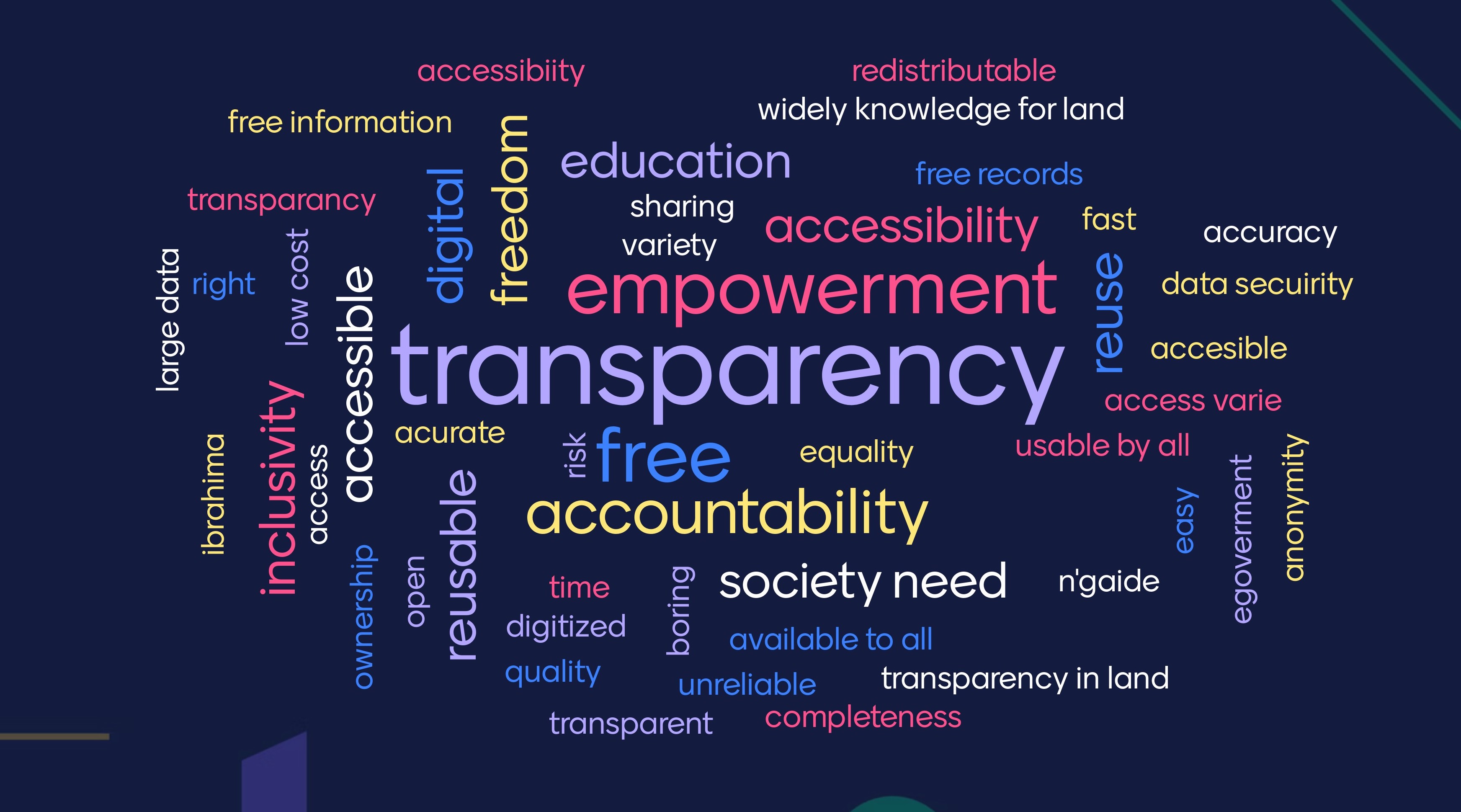Discover hidden stories and unheard voices on land governance issues from around the world. This is where the Land Portal community shares activities, experiences, challenges and successes.
 Follow our
Follow our
Sustainable Development Goals
Blog Series!
Interested in land corruption?
Follow our Land & Corruption Blog Series
for in-depth perspectives from the experts.
Issues
Geographical focus
Opening remarks for the GIZ Land Governance Knowledge Exchange Workshop delivered by
Dr Arno Sckeyde, Head of Program, Strengthening Advisory Capacities for Land Governance in Africa (SLGA)
Dr. Klaus Ackermann, Head of Global Program Responsible Land Policy
Your Excellency, Madam Minister, Distinguished guests, Ladies and Gentlemen,
Overcoming Land Disputes by Fostering Relationships in Communities: Experiences from Zambia’s Systematic Land Titling Program
Written by Dimuna Phiri and Kamiji Malasha
Unresolved disputes and disorder, can be addressed through the judicial system. However, the process is expensive, slow, unscalable, and does not focus on reconciling individuals, families and communities. Through the lens of beneficiaries, this article reveals the importance of alternative dispute resolution in land reforms, particularly adjudication committees.

come to mind when you think of open data."
Lucas Yamat and Pablo Manzano
The future of Ngorongoro has been the subject of hot debate among various stakeholders following a proposal by the government of Tanzania to relocate pastoralists from the district in order to conserve this important World Heritage site.
The proposal is based on claims that wildlife in the reserve faces extinction due to a sharp increase in human and livestock populations. Discussions about the proposal have caused concern among the residents of Ngorongoro who fear that they face eviction.
Last week, the International Land Coalition (ILC) hosted its 9th Global Land Forum in Jordan - the first large in-person meeting of the land community for three years.
For land governance interventions to be equitable and sustainable, the role of women must be actively brought to the forefront. But, how do you do this? How do you measure this? These are questions posed within the LAND-at-scale program.
The 15th session of the Conference of Parties (COP15) to the United Nations Convention to Combat Desertification (UNCCD), is taking place in Abidjan Côte d’Ivoire, from 9 to 20 May 2022. The theme: “Land, Life. Legacy: From scarcity to prosperity.” “We are faced with a crucial choice,” Deputy Secretary-General Amina Mohammed told participants: “We can either reap the benefits of land restoration now or continue on the disastrous path that has led us to the triple planetary crisis of climate, biodiversity and pollution”
Just like many African countries, a majority of Zambian tribes follow a matrilineal system, that is, an affinity system in which descent is derived through maternal instead of paternal lines which essentially means children are recognised by the names or family of their mothers. This does not only affect decent but also involves the inheritance of titles and property including land through the female line. One might ask why women have less access and control of land in Zambia when land and property is inherited through maternal lines.
South Africa needs to move away from siloed and passive approaches toward water management and adopt more proactive, robust and integrated approaches.
Apopular phrase in a time of crisis is “it never rains, but it pours”. This is usually a figurative expression referring to the overwhelming sense of chaos at a given time. South Africa is a country which has not been spared from economic, social and political chaos over the past few months, and the phrase has now taken on a literal meaning.

